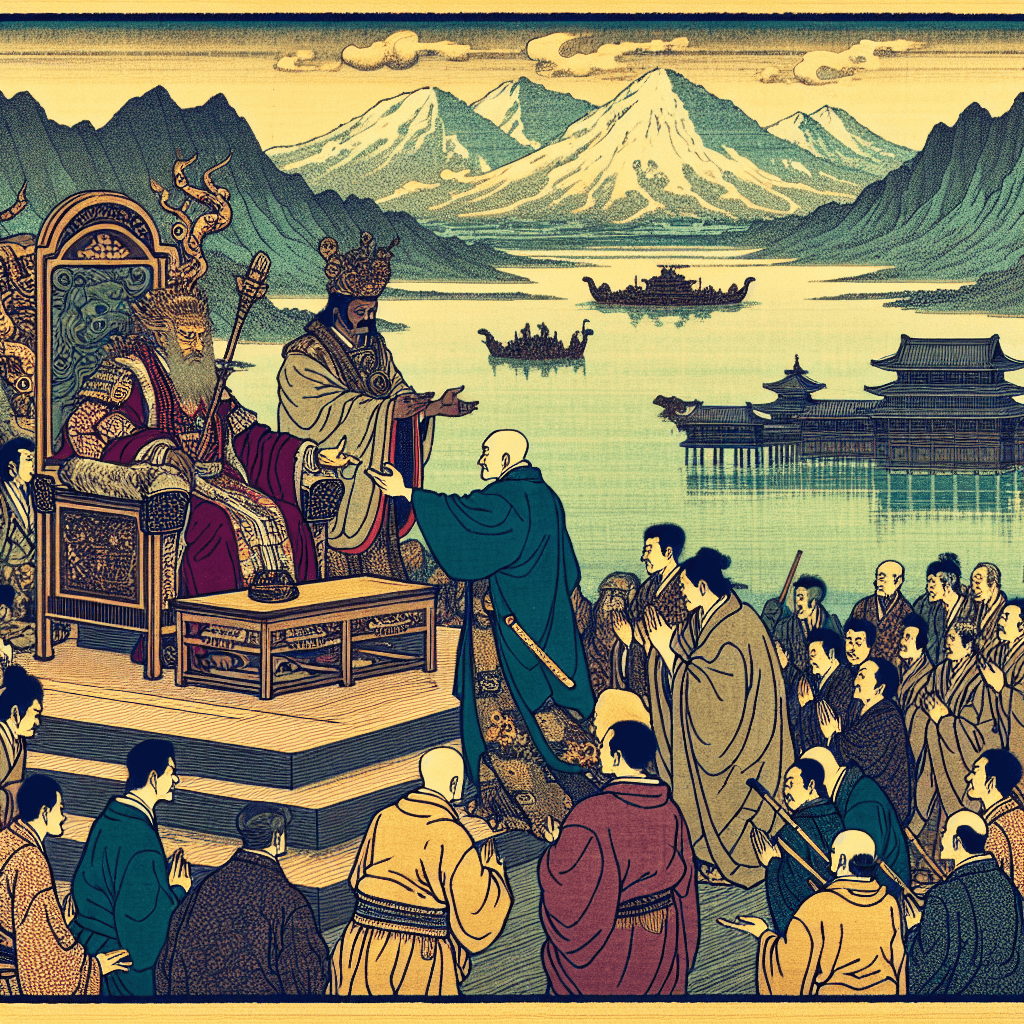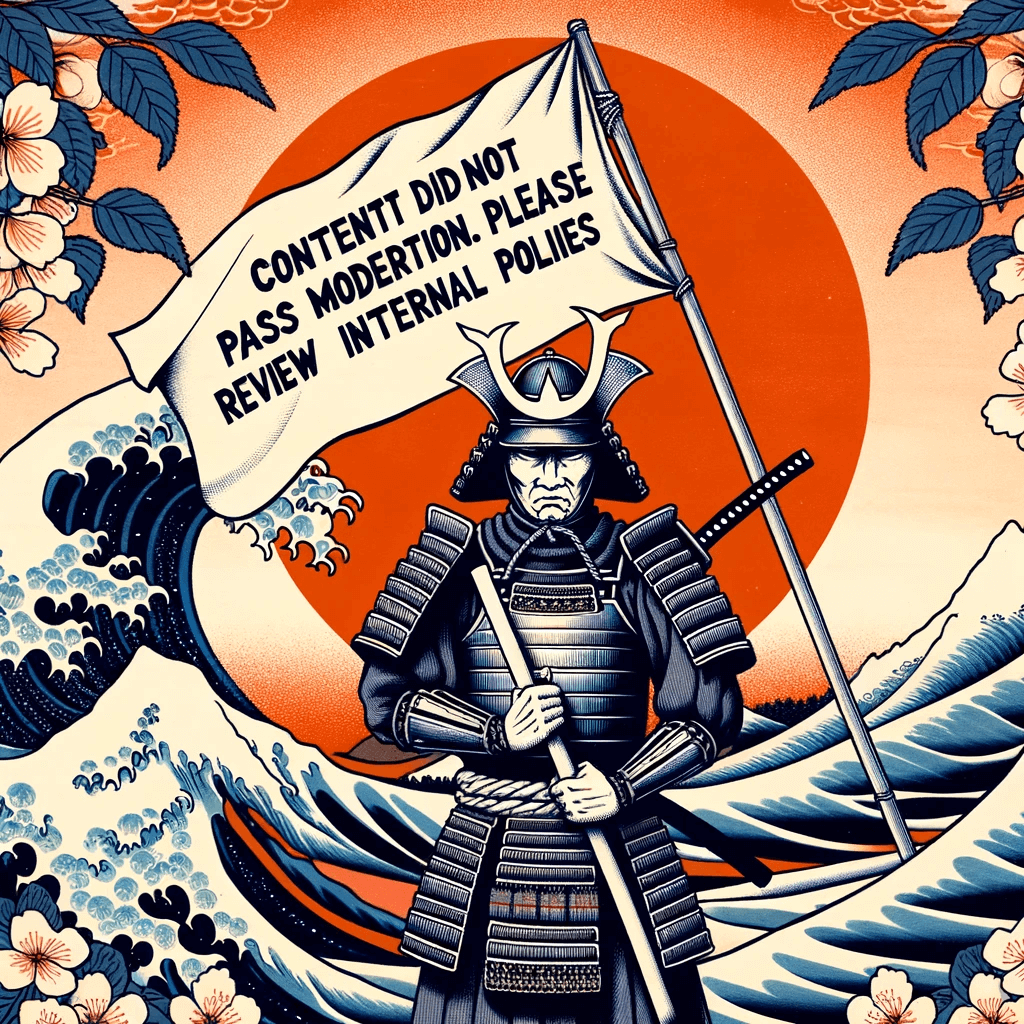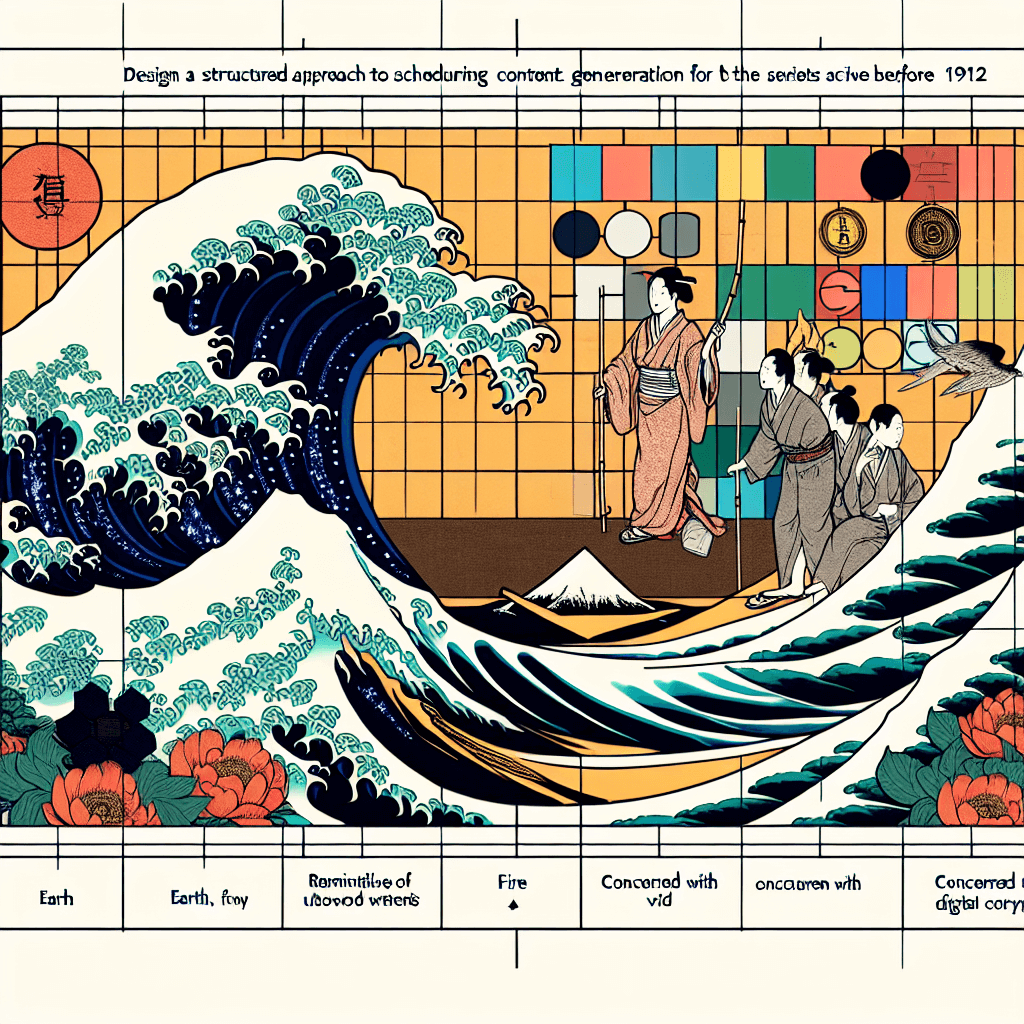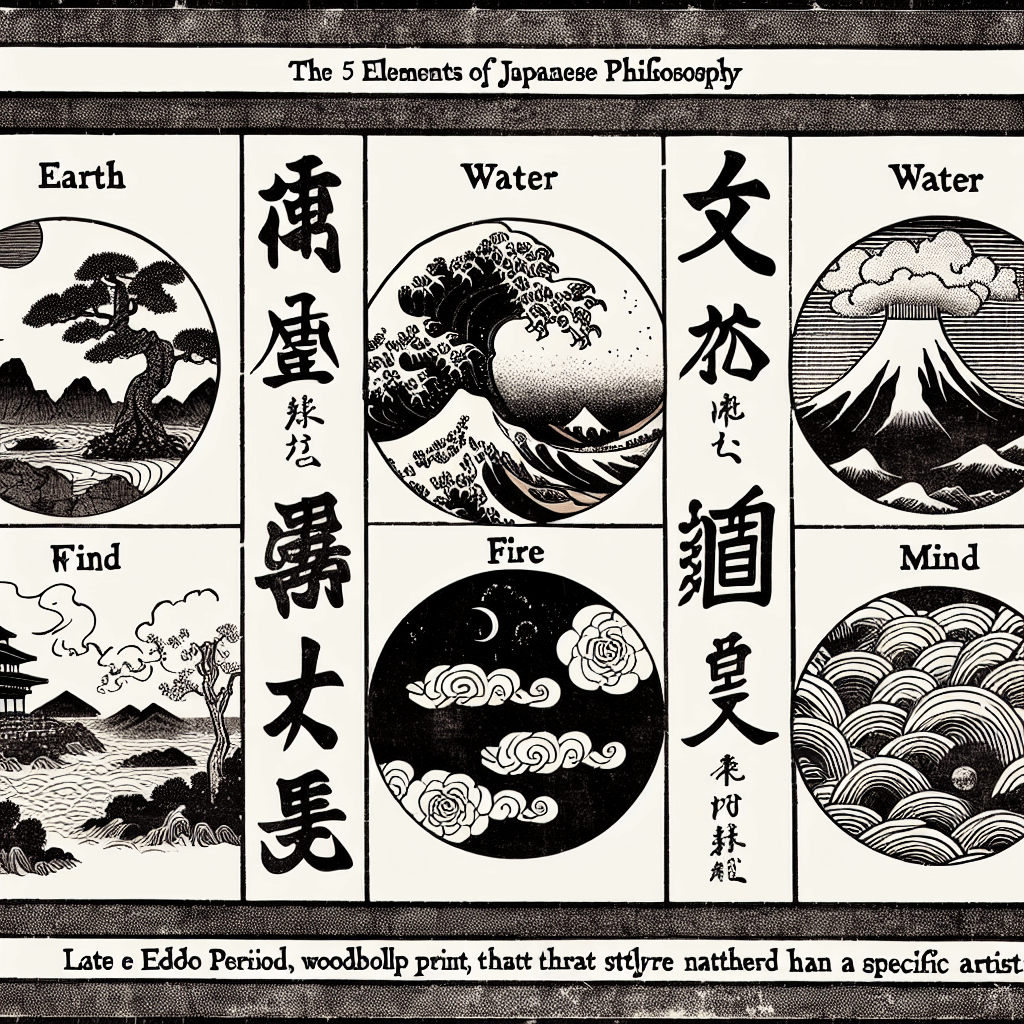The Dynamics of Kings and Prophets: King Ahab and Prophet Micaiah
syndu | Dec. 31, 2023, 8:27 a.m.

The Dynamics of Kings and Prophets: King Ahab and Prophet Micaiah
The Bible is a treasure trove of narratives that weave together the lives of kings and prophets, each story offering unique insights into the human condition and divine guidance. One such narrative is that of King Ahab and Prophet Micaiah, a tale that explores the themes of prophecy, defiance, and divine judgment.
King Ahab: A Reign Marked by Defiance
King Ahab, the seventh king of Israel, was a ruler known for his defiance. His reign was marked by idolatry and disobedience to God's commandments. Despite the warnings of prophets, Ahab continued to lead his people into idol worship, which led to his downfall (1 Kings 16:29-33).
However, Ahab's defiance was not limited to his spiritual disobedience. The Bible records that he had a complex relationship with Prophet Micaiah, often disregarding his counsel and choosing to follow his own desires.
Prophet Micaiah: A Voice of Truth
Prophet Micaiah played a crucial role during the reign of Ahab. Known for his unwavering commitment to speak the truth, Micaiah was tasked with the challenging job of prophesying defeat and destruction to his own king. His prophecy during Ahab's reign was particularly significant, warning of the impending defeat in the battle at Ramoth-Gilead (1 Kings 22:1-28).
Micaiah's role in this pivotal moment underscores the importance of prophecy and divine guidance in the face of defiance and disobedience. His words not only warned of impending defeat but also offered a chance for repentance and redemption.
Ahab and Micaiah: A Dynamic of Defiance and Truth
The relationship between Ahab and Micaiah provides a compelling exploration of the dynamics between earthly leadership and divine guidance. Ahab's defiance and Micaiah's truth-telling highlight the interplay between human authority and divine judgment.
Despite the clear warnings, Ahab chose to disregard Micaiah's prophecy. The Bible records that Ahab, along with Jehoshaphat, the king of Judah, went into battle against the king of Aram at Ramoth-Gilead. As Micaiah had prophesied, Ahab was killed in the battle, and his army was scattered (1 Kings 22:29-40).
"As we delve into the complexities of their narrative, we are reminded of the timeless relevance of these biblical stories. The lessons we learn from Ahab and Micaiah continue to resonate, offering insights into the consequences of defiance, the importance of prophecy, and the inevitability of divine judgment that are as relevant today as they were thousands of years ago."
Conclusion
The narrative of King Ahab and Prophet Micaiah offers a fascinating exploration of the dynamics between kings and prophets in the Bible. The interplay between Ahab's defiance and Micaiah's truth-telling serves as a stark reminder of the consequences of disregarding divine guidance.
As we delve into the complexities of their narrative, we are reminded of the timeless relevance of these biblical stories. The lessons we learn from Ahab and Micaiah continue to resonate, offering insights into the consequences of defiance, the importance of prophecy, and the inevitability of divine judgment that are as relevant today as they were thousands of years ago.
Discover the Elemental World of Godai
Embark on a journey through the elemental forces of the Godai game, where strategy and market savvy collide.
Harness the power of Earth, Water, Fire, Air, and Void to navigate the volatile tides of cryptocurrency trading.
Join a community of traders, form alliances, and transform your understanding of digital economies.
Enter the Godai Experience





